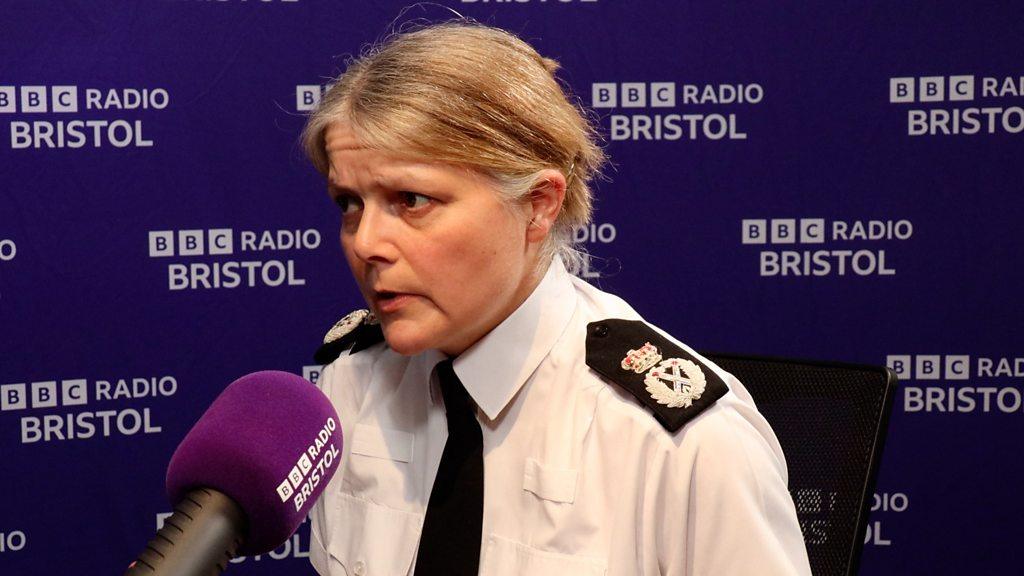Police have 'more to do' to fix institutional racism
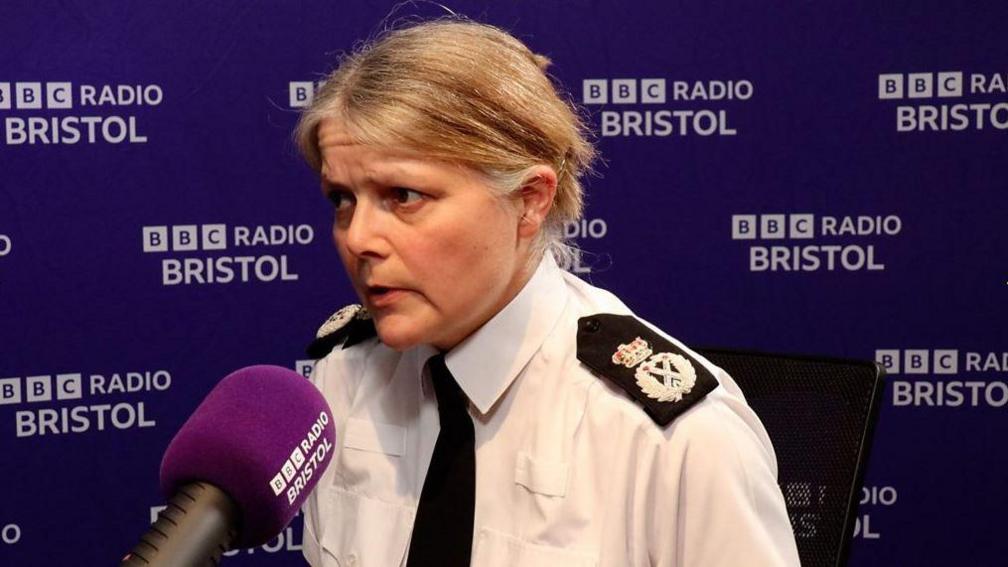
Avon and Somerset Police Chief Constable Sarah Crew declared the force was "institutionally racist" last summer
- Published
Avon and Somerset Police has admitted it has “much more work to do” after it declared itself “institutionally racist” last year.
Figures for the first five months of 2024 show black people are still six times more likely to be the subject of stop and search than white people in the Avon and Somerset area.
The force has published a report into its anti-racism strategy a year after evidence found a difference in the way it interacted with people from different ethnic and racial backgrounds.
It includes working with a community organisation in St Pauls on a project for young people to understand their stop and search rights.
The stop and search figures are slightly down from last summer when black people were seven times more likely to be stopped and searched but police say it is still not good enough.
The force has published a report called ‘Action after Words’ which details the work it is doing to become anti racist.
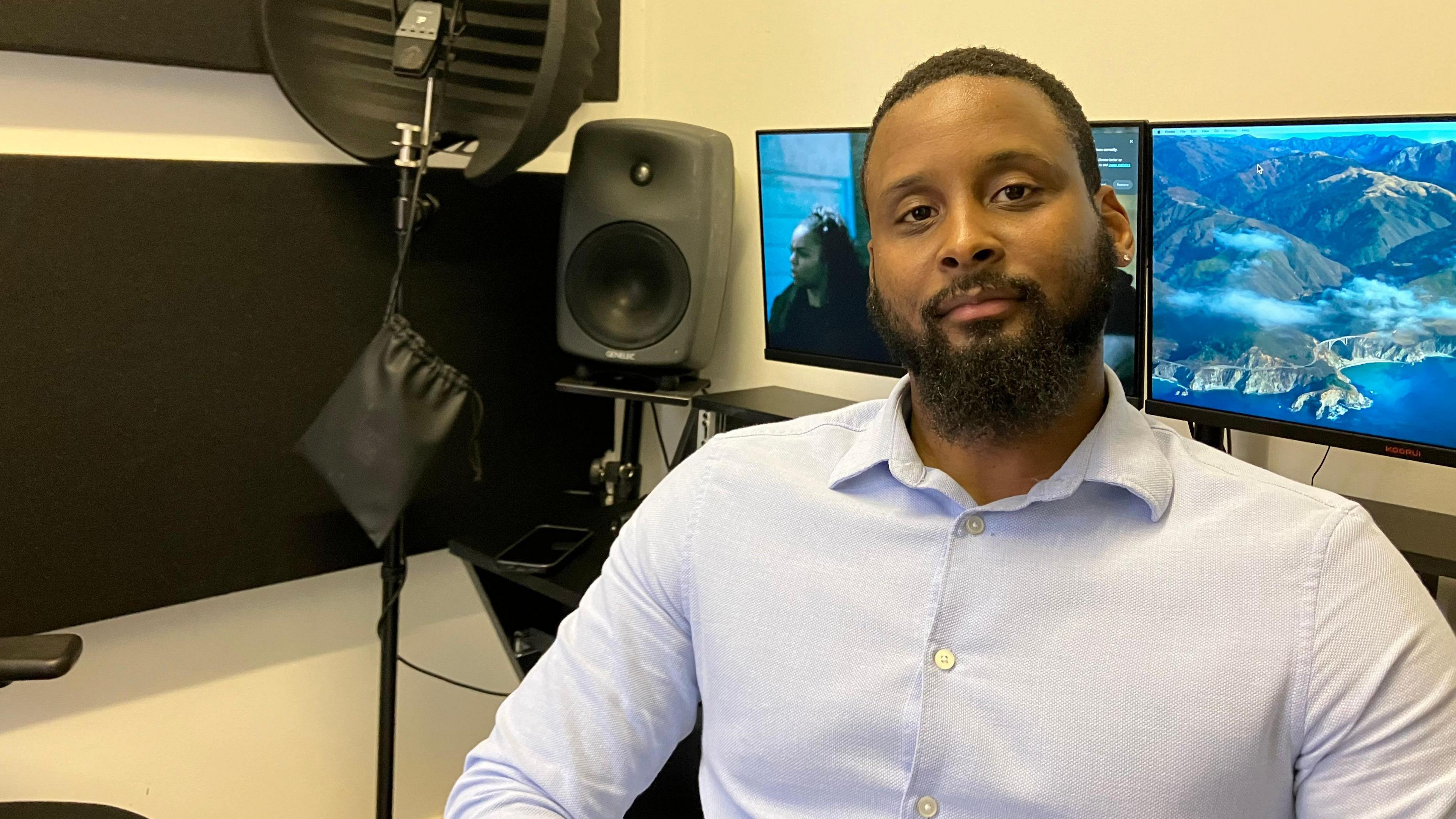
Omari Cato, Chief Executive of Creative Power Town, said he wanted things to improve for young people
The force has worked with Creative Power Town, based in St Pauls, to create a short film called 'Unjust Stop'.
Omari Cato, Chief Executive of Creative Power Town, said they wanted to make the video after an incident two years ago.
"I came out of our centre, a police officer came to us while we were laughing and joking," he said.
"[The officer] literally just walked up to us and said 'are you lot selling drugs' and was being quite blunt, rude and straight to the point. I kind of thought, like, that bad policing makes the community look at them like enemies."
Omari reported the incident and an officer made contact with him.
"At the time it was me and one of my colleagues. We sat down and came up with a whole pitch of different ideas," he continued.
"We thought the young people need their own voices."
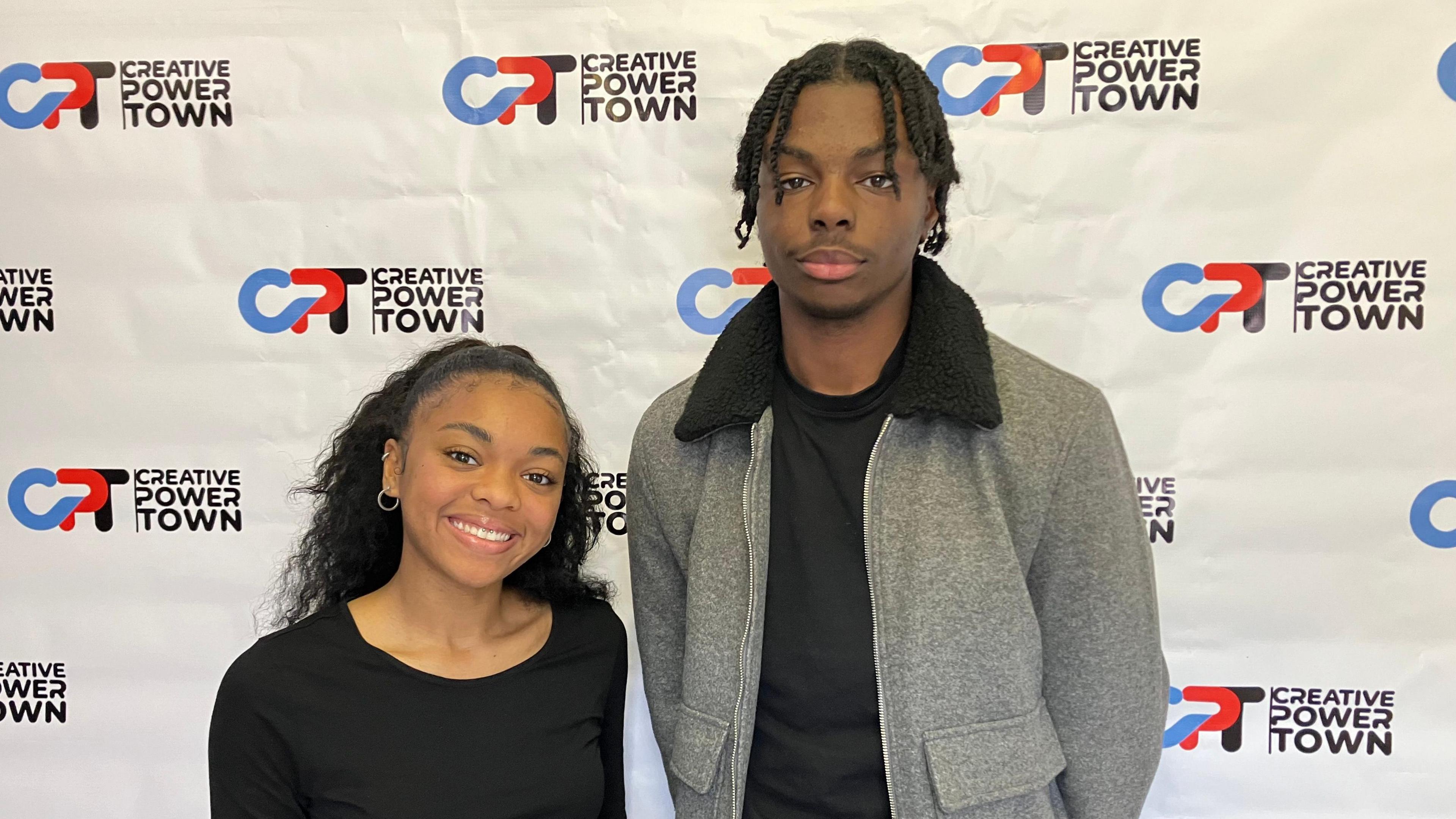
Teja Dalphy, 17, and Tacari Jackson, 16, are both involved in the film
Teja Dalphy, 17, and Tacari Jackson, 16, were both approached to be part of the project.
"I've got a lot of friends and family members who have been stopped," Teja said.
"We wanted to give a voice to young people and talk about what's been going on."
Tacari said: "It's sad seeing people that look like me, it can happen to any one of us.
"I joined to change the narrative of young black boys."
The Action after Words report details how police are now dealing with stop and search.
The report said the force had introduced "mandatory obligations for use of body -worn video, searches of children and the review of people who are stopped multiple times."
All frontline officers, PCs, sergeants and inspectors are being taught about the new requirements and how they must use their powers.
Deferred prosecution
The force has also introduced a new model of 'deferred prosecution'.
The report said the model would "offer people arrested on suspicion of particular offences the opportunity to engage with a tailored programme with conditions, instead of being charged and entering into the criminal justice system."
That is because evidence shows people with lower levels of trust in the police, in particular people from racial and ethnic minority backgrounds, are "less likely to plead guilty at this stage".
It has led to a disproportionate number of people from these backgrounds entering into the justice system.
The force has also launched a programme of ‘Race Matters days’ and events to engage staff based on "self-reflection, empathy and police culture".
The work is designed and delivered with partners across the community including former Mayor of Bristol Marvin Rees.
It has built a Race Matters community network which the force said would help staff understand “perspectives and experiences of communities and individuals who have been let down or even failed by the police previously”.
The force has also partnered with local community radio stations in Bristol including BCFM and Ujima.
'Much work to do'
Avon and Somerset Police said it hoped the work would help rebuild trust in the force.
Chief Constable Sarah Crew said: “When I made the statement on institutional racism, I said I would come back in one year to update on the progress we have made, to back my words with action.
“The report we are publishing, along with our newly launched anti-racism strategy, documents the activity that has taken place since then and, importantly, sets out how we will continue our progress in becoming a truly anti-racist organisation, maintaining momentum to improve trust and confidence in communities where it is most needed.
“There is much work to do," she continued. "And I hope our partners and staff will stay on this journey with us.”
Follow BBC Bristol on Facebook, external, X, external and Instagram, external. Send your story ideas to us on email or via WhatsApp on 0800 313 4630.
Related topics
- Published14 July 2023
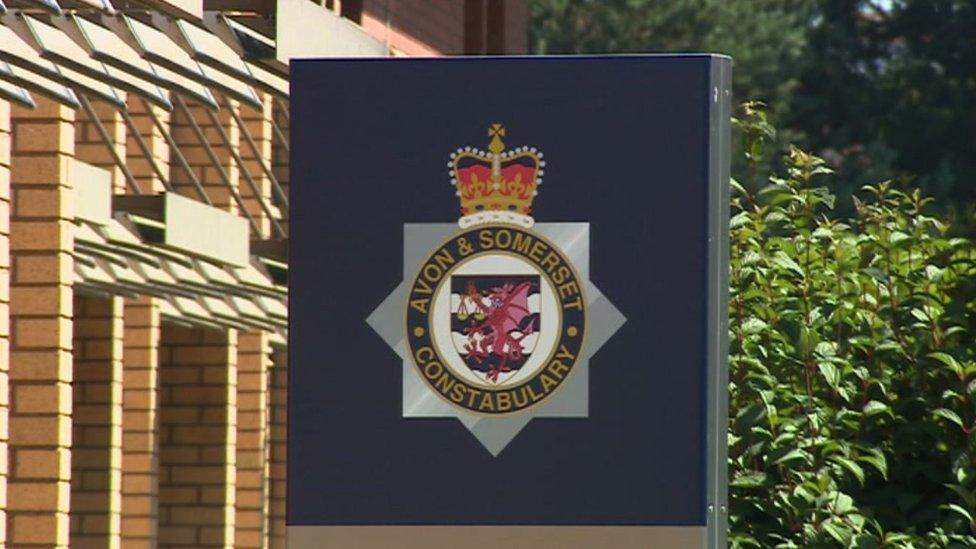
- Published19 March 2024
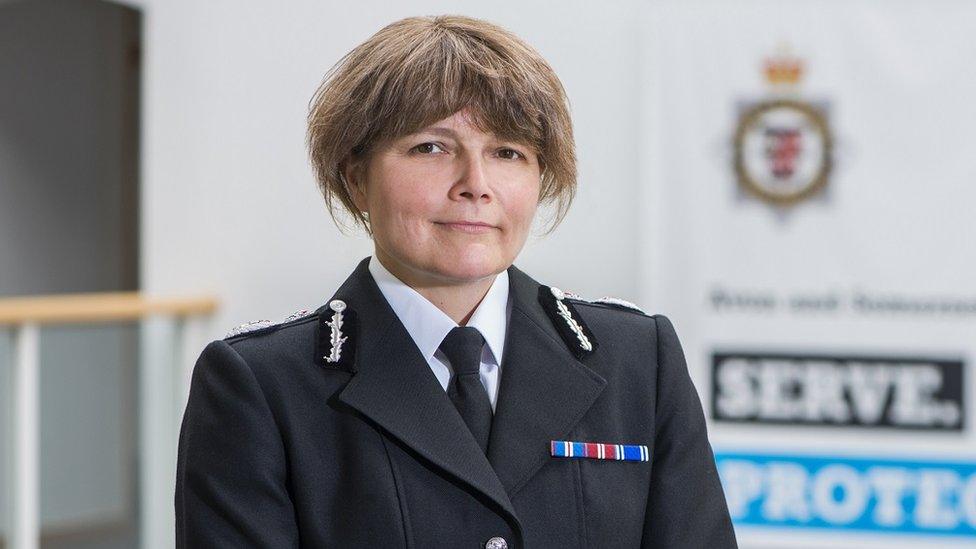
- Published16 June 2023
